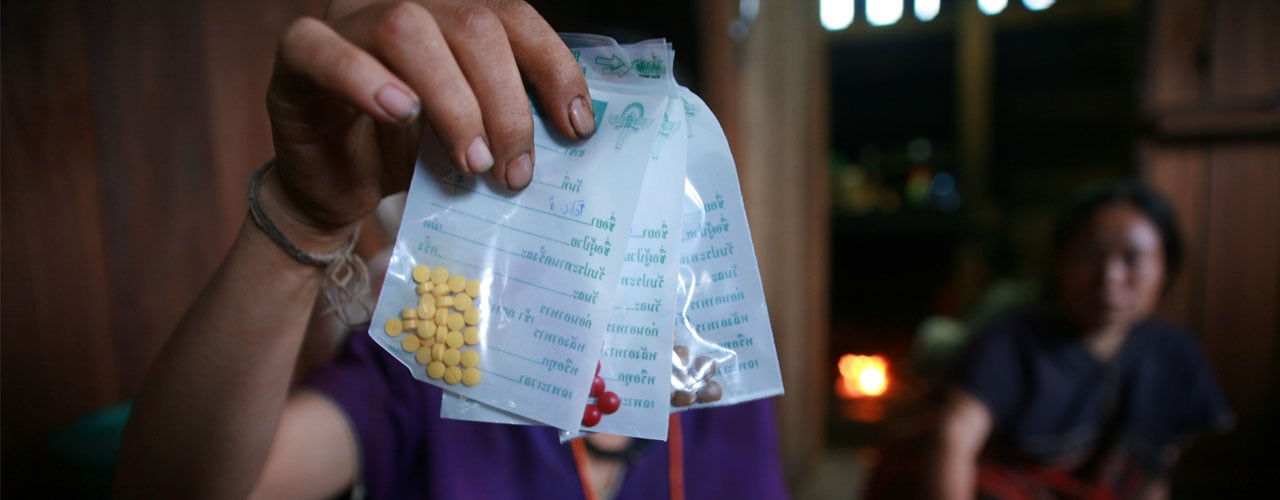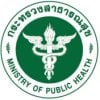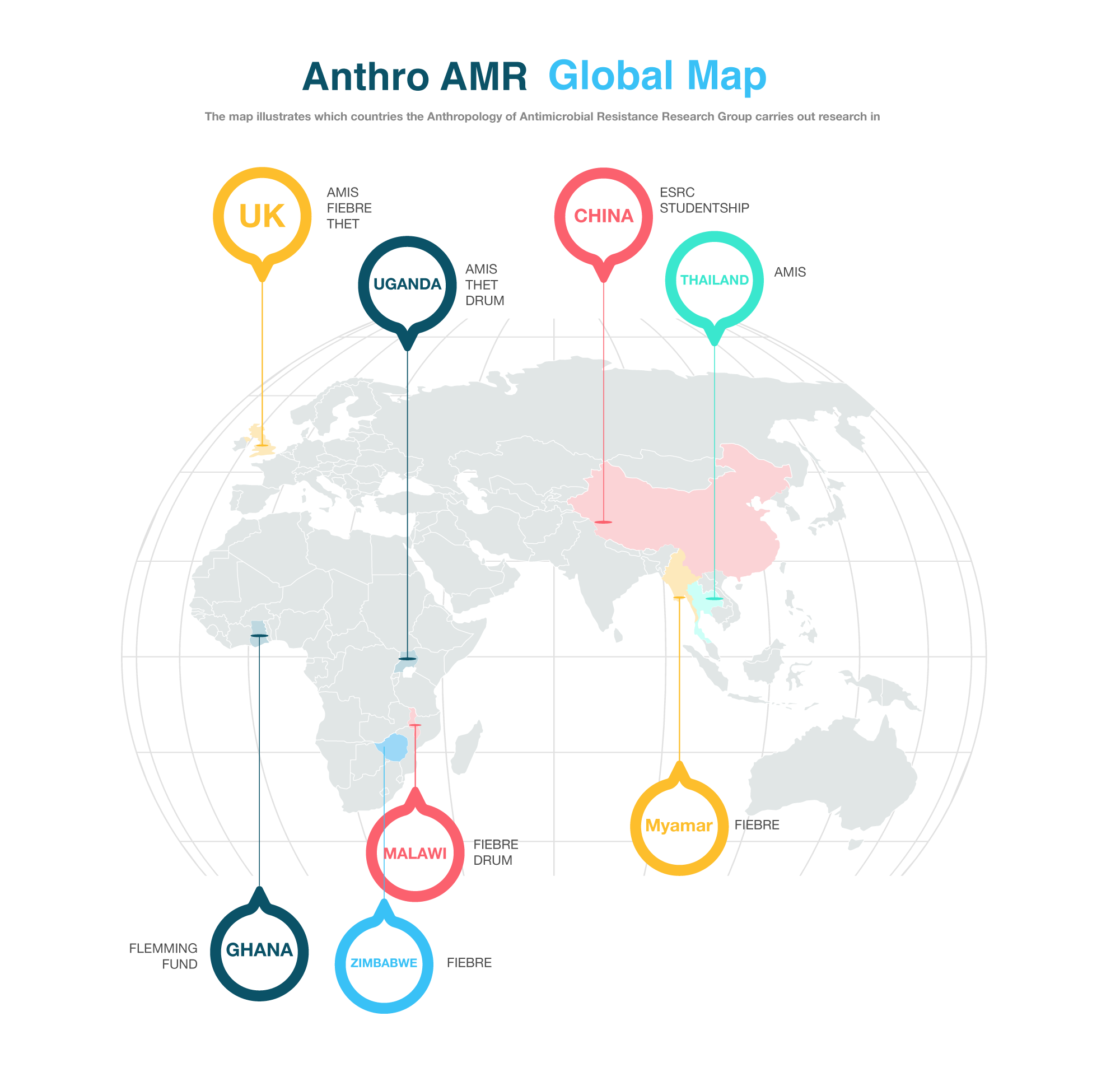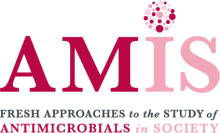We carry out social research on topics related to microbes, resistance and antimicrobial medicines, from an anthropological perspective. Our research is informed by critical global health scholarship, science and technology studies and multi-species perspectives.
We are a group of social science researchers working on the issue of antimicrobial resistance. Learn more about the skills and experience of our research group team.
A list of our recent publications can be found on our Resources and publications page. For more resources and essential readings please visit our Antimicrobials in Society website.
The Anthropology of AMR structure at LSHTM is a collaborative endeavour to stimulate, support and promote high quality social research on the topic of antimicrobial resistance (AMR). Comprising researchers from LSHTM and collaborating organisations who are undertaking a range of social studies to address the growing challenge of AMR, the team provides opportunities for connecting ideas, learning and skillsets between members at all stages of their careers.
Our research focuses on topics related to microbes, resistance and antimicrobial medicines. We share a commitment to an ethnographic approach to our studies, informed by critical global health scholarship, science and technology studies and multi-species perspectives. Members of the group produced a research agenda setting report, 'Addressing AMR through Social Theory' which forms the backdrop to much of our empirical research.
Our projects are supported by a range of funders and are taking place in a variety of settings across Africa and South East Asia.
Members carry out ethnographic fieldwork in: domestic spaces in rural, urban and peri urban areas; small to large scale farms with pigs, poultry and citrus fruits; formal and informal animal and human healthcare settings and markets; medical and veterinary professional fora; and science/policy interfaces. Our research integrates observational work with documentary and discourse analyses that draw on historical archives through to current day social media sources. Across our research, we apply methodological approaches from anthropology that can follow the problems of AMR and antimicrobial use as they are defined and enacted. We share a commitment to communicating insights to a range of stakeholders, and apply our research to the development of policy and programme changes.
Our team of over 35 researchers engaged in social studies of AMR meet together fortnightly online, when members present research findings for feedback and where we run a series of technical sessions that zoom in on specific aspects of research activity from publishing to dialogical processes with participants. The team provides a supportive space for social scientists from across the world at every stage of their research career, where we share ideas with others, seek advice and collaborate with other social scientists sharing similar interests.
For more information, meet our team, read some of our outputs, and read about our projects.
Clare has researched the use of antimicrobial medicines and diagnostics in global health since 2004 with a particular focus on East Africa. She is the co-Director of the LSHTM Antimicrobial Resistance Centre, PI on the ESRC AMIS Hub grant, co-I on the FIEBRE grant and PI on the WHO AMR awareness grant. Her current research seeks to expand our understanding of the roles antimicrobials in societies around the globe.

Eleanor MacPherson
Research Fellow / FIEBRE
Ellie is a medical anthropologist with expertise in gender theory and has carried out extensive fieldwork in Malawi and South Africa. Her most recent work had been in West Africa where she has lead social science research in Ghana and Cameroon.
Nicolas is a sociologist at INRA (French Institute for Agricultural Research), in Paris-Dauphine University. His research focuses on the construction of the AMR public problem in agriculture, veterinary drug regulation and the transformations of farm animal veterinary medicine. Nicolas currently works as honorary assistant professor at The London School of Hygiene & Tropical Medicine with the Anthropology of AMR research group.
Chris Pinto is a veterinarian from Peru. Currently, she works at the Global Health and Development department of the Public Health and Policy Faculty conducting a systematic review to identify intervention at the systems and structures levels that have the potential to reduce reliance on antibiotics in the everyday lives of people living with animals in LMIC urbanised and rural landscapes.

Jenny Westad
Project Coordinator
Jenny has a background in public health and anthropology and is currently working as a Project Coordinator with the Anthropology of AMR research team. Jenny works across multiple projects for the team managing all financial aspects and non-academic outputs of the research grants.
Marco is a social scientist with postgraduate training in social anthropology (MSc, University College London) and a doctorate in sociology (University of Exeter).
Susan is experienced in interdisciplinary research, following her training in both social science and epidemiology with a series of studies working with clinicians, economists, anthropologists and epidemiologists to develop and evaluate interventions to improve access to better quality health care, including cluster randomised trials.
Alice has an academic background in public health and worked as a primary care researcher at Oxford University prior to joining LSHTM.
Paula Palanco Lopez
Research Assistant
Paula is a medical anthropologist with Journalism background, Sciences interest and Development orientation.

Sarai Keestra
Research Assistant
Sarai Keestra is a medical anthropologist working as a research assistant at the LSHTM Antimicrobial Resistance (AMR) Centre in the Department of Global Health and Development.
Andrew works at the Project Administrator for the Fleming Fund fellowship, supporting in delivering key activities of the project and managing all funder reporting. Andrew has a background in communications and design and supports the team in managing websites, designing communications material and developing key infographics to support the Anthropology of AMR researchers outputs.
Anna Perris
Rachel joined the Anthropology of AMR research team as the Project Support Administrator in May 2020 where she provides administrative and financial support. Rachel works on a number of grants with particular focus on the Anti-Microbials in Society (AMIS) programme.
Students
- Alice Tompson - Antibiotic Use in the Care of Pet Dogs: A Mixed-Methods Anthropologically Informed Study.
- Esther Rottenburg - Rationality, antibiotics and interdisciplinary AMR science in Uganda.
- Maddy Pearson - Beyond the bugs, beyond the binaries: Re-imagining human microbe relations through a ‘living with’ approach to hygiene and sanitation.
- Manuel Campinas - An ethnography of human medicinal relations among the Qiang ethnic minority: Investigating the integration of ethnomedicine in Western Sichuan.
- Salome Manyau - Managing everyday fever: an ethnographic study of antibiotic use in Harare, Zimbabwe.
- Susan Nayiga - Understanding how and why antimicrobials are deployed in everyday life in Uganda: an ethnographic study of lives, livestock and livelihoods in Tororo.
- Yuzana Khine Zaw - Care and beyond: An ethnographic study of the roles of antibiotics in women’s lives in Yangon, Myanmar.
- Nicholas Dayie - Fleming Fellow (Laboratory Human Health), Ghana
- Jennifer Bonnah - Fleming Fellow, AMU Human Health, Ghana
- Mary Nkansa - Fleming Fellow, AMU Animal Health, Ghana
The AMIS programme promotes and produces high-quality research on antimicrobials in society by building on the latest developments in social and interdisciplinary research for innovative and insightful solutions to antimicrobial resistance.
Visit our AMIS Hub website - www.antimicrobialsinsociety.org – an online resource connecting you with the latest research, people and projects relevant to AMR from a societal perspective.
The objective of FIEBRE is to provide evidence:
- on the most common infectious causes of fever;
- on antibiotic susceptibility of bacterial causes;
- on how local perceptions of fever affect treatment practices including the use of diagnostics and antimicrobial drugs;
- to inform clinical guidelines and algorithms on how to manage non-malarial fevers.
The Fleming Fund is a UK aid programme to help low and middle income countries to fight antimicrobial resistance (AMR). The aim of the Fleming Fund is to get data relevant to AMR in the hands of decision makers. The Fleming Fellows activities are a collaboration between LSHTM (as host institution), beneficiary institutions (based in LMIC countries) and Fleming Fund delivery agents Mott MacDonald.
The CaSAMS (Capacity Sharing for AntiMicrobial Stewardship) project is a partnership between Ugandan and UK institutions to establish the antimicrobial stewardship committee at Jinja regional referral hospital, Uganda, and strengthen its capacity to optimise antimicrobial treatment, and clinical outcomes, and infection prevention and control at patient, health facility and health system levels. The aims of antimicrobial stewardship are to improve patient outcomes and safety, and reduce spread of resistance and healthcare costs.
The project is running for one year to April 2020, and involves a needs assessment, development and implementation of activities to support the Antimicrobial Stewardship Committee at Jinja Hospital, and evaluation of the progress and impacts of these activities.
Structural interventions to reduce infections and AMR: a review of the process and impact of WASH and biosecurity in LMIC settings where people live and work with animals
Chris Pinto, Sarai Keestra and Clare Chandler are researching how water, sanitation and hygiene (WASH) and biosecurity interventions could reduce infections, antimicrobial use and antimicrobial resistance (AMR) in people working in close contact with animals, such as farmers. This project will consider different settings, with a focus on low- and middle-income countries. Previous research has suggested that social, cultural, political, economic and environmental factors play an important role in the development of AMR, however, it is not well-understood how these effects can be mitigated. This systematic review, in collaboration with the LSHTM AMR Centre and the International Livestock Research Institute (ILRI), will summarise the evidence base for such structural AMR interventions, with the aim of shaping future research, policies and funding in this area. This work is done in collaboration with members of the Agriculture and Infectious Disease group at LSHTM. See the research protocol for more information.
Uncovering the history of antibiotic use in Africa
Paula Palanco is researching one of the gaps existing in the history of drugs: the arrival and generalisation of the use of antibiotics in African settings. Taking into account the expansionist colonial interests of European powers, it is an attempt to look beyond the fatalistic stories about self-medication, irrational use and abuse, looking at the context and the conditions in which antibiotics were first used in these locations. For this, this project aims to provide a nuanced account of when, how and why antibiotics arrived in three different locations: Zimbabwe, Malawi and Uganda. This work is done in collaboration with members of the Agriculture and Infectious Disease group at LSHTM.
Please check back at a later date.













